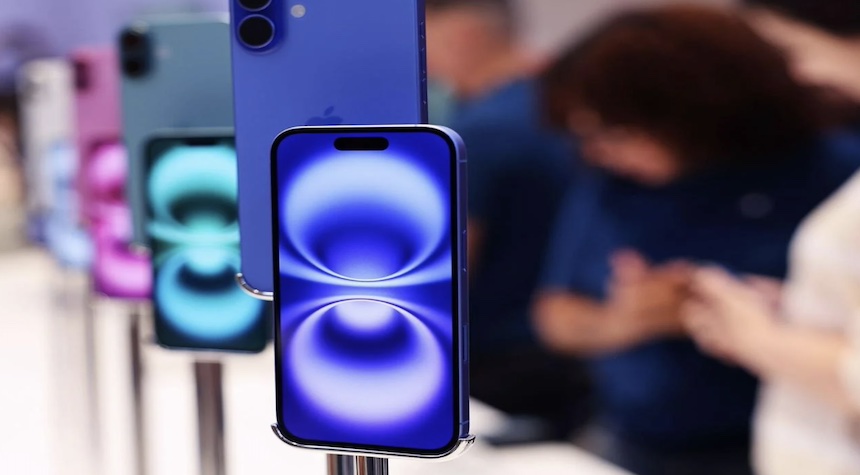President Donald Trump has proposed a substantial increase in tariffs on imports from the European Union, potentially up to 50%. The President has also suggested a 25% tariff on Apple products, unless the company begins manufacturing iPhones within the United States.
Trump expressed his intent to impose higher import taxes on goods from the EU, a long-standing U.S. ally, than on those from China, a geopolitical adversary. This comes despite the President’s recent decision to reduce China’s tariffs to 30% to facilitate negotiations. The EU has proposed mutually eliminating tariffs, but Trump still insists on a baseline 10% tax on most imports, citing the slow progress of trade negotiations.
Trump’s statement carries significant weight. He implies the company, in this case Apple, would shoulder the price of tariffs. This contrasts with his earlier claims that foreign countries would bear the burden of these import taxes. However, it’s typically the importers who pay the tariffs, and these costs are often passed on to consumers in the form of higher prices.

In response to Trump’s tariffs, Apple CEO Tim Cook has revealed that most iPhones sold in the U.S. during the current fiscal quarter would come from India, with other devices being imported from Vietnam. Treasury Secretary Scott Bessent clarified Trump’s postings in an interview on Fox News’ “America’s Newsroom,” stating that the goal was to have Apple bring more of its computer chip supply chain into the U.S.
Trump’s primary objection against the EU stems from America’s significant trade deficit with the 27 member states. Countries run trade deficits when they import more goods than they export. From the perspective of the EU’s executive commission, trade with the U.S. is relatively balanced when both goods and services are considered, placing the imbalance at about $54 billion.

This raises important questions about the potential impact of these proposed tariffs. According to German economist Marcel Fratscher, the EU may have been better off establishing a united front with China and other countries against Trump’s trade policy. He criticizes the strategy of the EU Commission and Germany in the trade conflict with Trump as a total failure, arguing that the President views Europe’s wavering and concessions as signs of weakness.
In light of these developments, Trump’s previous exemption on electronics imported from China, designed to assist companies like Apple, could be removed. He has also considered separate 25% import taxes on computer chips and might rewrite the tariffs schedule in ways that could expose Apple products to these new taxes.
Analysts remain skeptical that Apple can shift device manufacturing to the U.S. in the near term, primarily due to its intricate supply chains in China.

